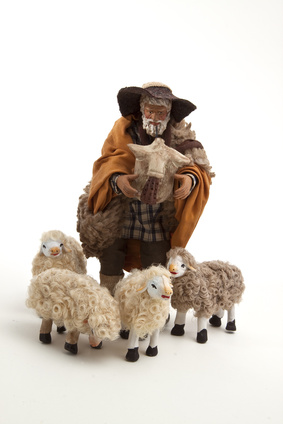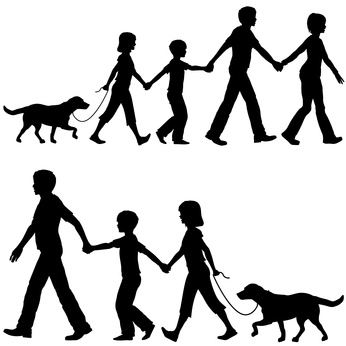The Good Sheperd Rule of Parenting
 d attributed to his Shepherd Father. The Shepherd in this psalm “makes” His sheep rest in nurturing places. He “leads” them in safe places, “restores” them, and “guides” them in ways that bring honor to the family name and reputation. The Shepherd “is with” His sheep, “comforting” them, “preparing” their environment for optimal growth, and “protecting” them from pests and parasites that might burrow into their head. This Shepherd actively pursues the benefit of His sheep. He takes a lot of positive steps to assure His sheep are safe and healthy.
d attributed to his Shepherd Father. The Shepherd in this psalm “makes” His sheep rest in nurturing places. He “leads” them in safe places, “restores” them, and “guides” them in ways that bring honor to the family name and reputation. The Shepherd “is with” His sheep, “comforting” them, “preparing” their environment for optimal growth, and “protecting” them from pests and parasites that might burrow into their head. This Shepherd actively pursues the benefit of His sheep. He takes a lot of positive steps to assure His sheep are safe and healthy. ehaviors, and “prepare” the environment to promote the desired behaviors. We may even engage in the positive behavior “with them” for a time, helping them learn how to do it well. “The Good Shepherd Rule” also states that we discipline misbehavior to provide “protection” and, afterwards, quickly “restore” our relationship with them to provide them the “comfort” of knowing we love and accept them unconditionally.
ehaviors, and “prepare” the environment to promote the desired behaviors. We may even engage in the positive behavior “with them” for a time, helping them learn how to do it well. “The Good Shepherd Rule” also states that we discipline misbehavior to provide “protection” and, afterwards, quickly “restore” our relationship with them to provide them the “comfort” of knowing we love and accept them unconditionally. Children and families experience many positive results when practicing “The Good Shepherd Rule.” The Psalmist notes that the Shepherd’s sheep find that their “cup overflows.” In addition, “goodness and lovingkindness” follow them throughout their life. Even those around them can enjoy riding the wake of the goodness and lovingkindness that trails behind them as they move through the world. Those who have experienced this kind of loving nurturance will “dwell” in the house of their Shepherd forever. Isn’t that what we want for our children? We want them to mature and find that “their cup overflows” with “goodness and lovingkindness,” to find their lives filled with “goodness and lovingkindness” in such abundance that it overflows to all those they meet. We want them to remain involved in our lives so we can enjoy one another’s support, encouragement, and love; celebrate one another’s successes; and comfort one another in times of disappointment. Ultimately we want them to live a life of goodness in the world and throughout eternity. As parents, we can help make this possible by practicing “The Good Shepherd Rule”: “nurture,” “lead,” “restore,” “guide,” “go with,” “comfort,” “prepare,” and “protect” our children.